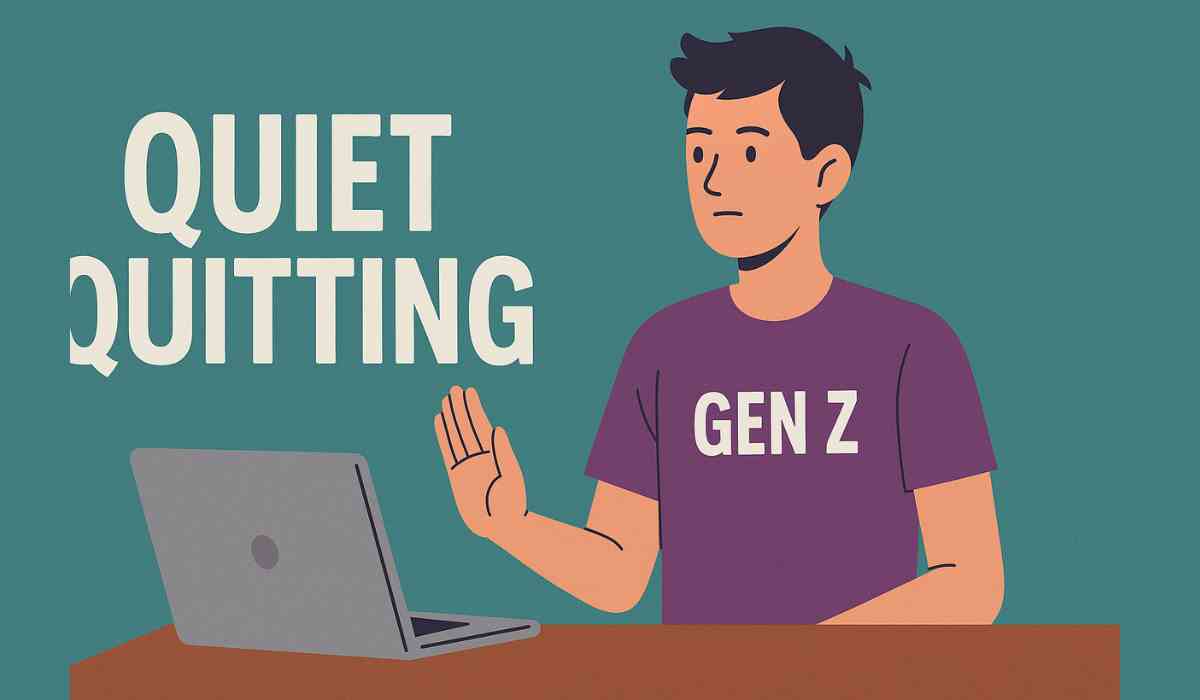For decades, hustle culture reigned supreme. Burning the midnight oil, climbing the corporate ladder, answering emails at 11 PM, these were once celebrated rituals of ambition. But as Gen Z enters the workforce in droves, they’re flipping the script. Not with picket signs or mass walkouts, but with something far subtler, and far more disruptive: quiet quitting.
Far from being lazy or disengaged, Gen Z is redefining work itself. They're asking a new set of questions: What is productivity without burnout? What does loyalty look like without blind obedience? And perhaps most provocatively, what if doing your job well is enough?
It's not a protest. It's not a strike. It’s a subtle, purposeful shift, a generation of employees choosing boundaries over burnout, well-being over hustle, and values over titles. This isn’t disengagement. It’s Gen Z redefining what it means to work and live, well.
They’re not alone. Millennials, once dubbed the burnout generation, are nodding in agreement. The difference? Gen Z has the guts to do what millennials often didn’t dare. Together, they are reshaping the corporate playbook, dismantling grind culture, and refusing to accept the “live to work” philosophy that once dominated modern workplaces.

Quiet Quitting: A Misunderstood Movement
Let’s set the record straight. Despite what the name suggests, quiet quitting isn’t about quitting at all. It’s about doing exactly what the job requires, no more, no less. No unpaid overtime. No sacrificing mental health for performance metrics. No hustle for hustle’s sake.
The trend, popularised on TikTok in 2022, emerged not as a rebellion but as a response to burnout, disillusionment, and decades of unrealistic workplace expectations. It was a whisper against the deafening noise of hustle culture, one that said: “I’ll give you what you pay me for—but I won’t sacrifice my soul for it.”
In truth, this isn’t new. Movements like “work to rule” or “Italian strike” have echoed similar sentiments for decades. What makes Gen Z’s version so powerful is the cultural force behind it, and the viral, digital clarity with which they express it.
At its core, quiet quitting is about reclaiming humanity in labour. It asks the question: Can we work well without working ourselves into the ground?
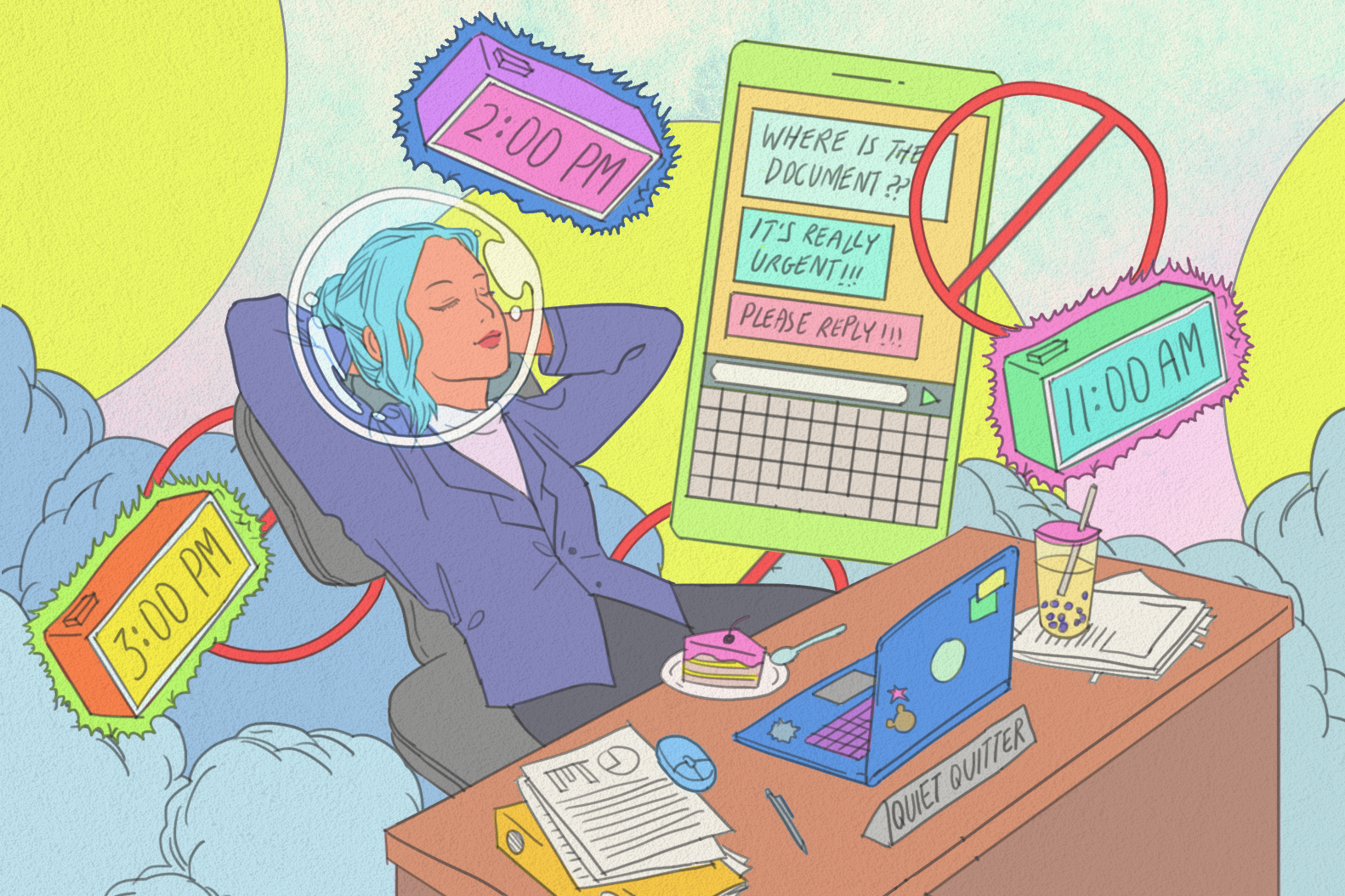
Generations: Who’s Who in the Workplace?
To understand how work is changing, we must understand who’s driving the change—and where they come from.
-
Baby Boomers (1946–1964): Raised during economic prosperity, they built careers on loyalty, long hours, and steady advancement.
-
Gen X (1965–1980): Known as independent and pragmatic, they value hard work but also appreciate balance, having grown up in turbulent times.
-
Millennials (1981–1996): The digital pioneers caught in the crossfire of hustle culture and economic instability. They wanted balance, but rarely got it.
-
Gen Z (1997–2012): Digital natives raised on instability, from pandemics to climate change to economic recessions. Their approach to work is radically different: prioritise mental health, flexibility, and fairness, or walk away.
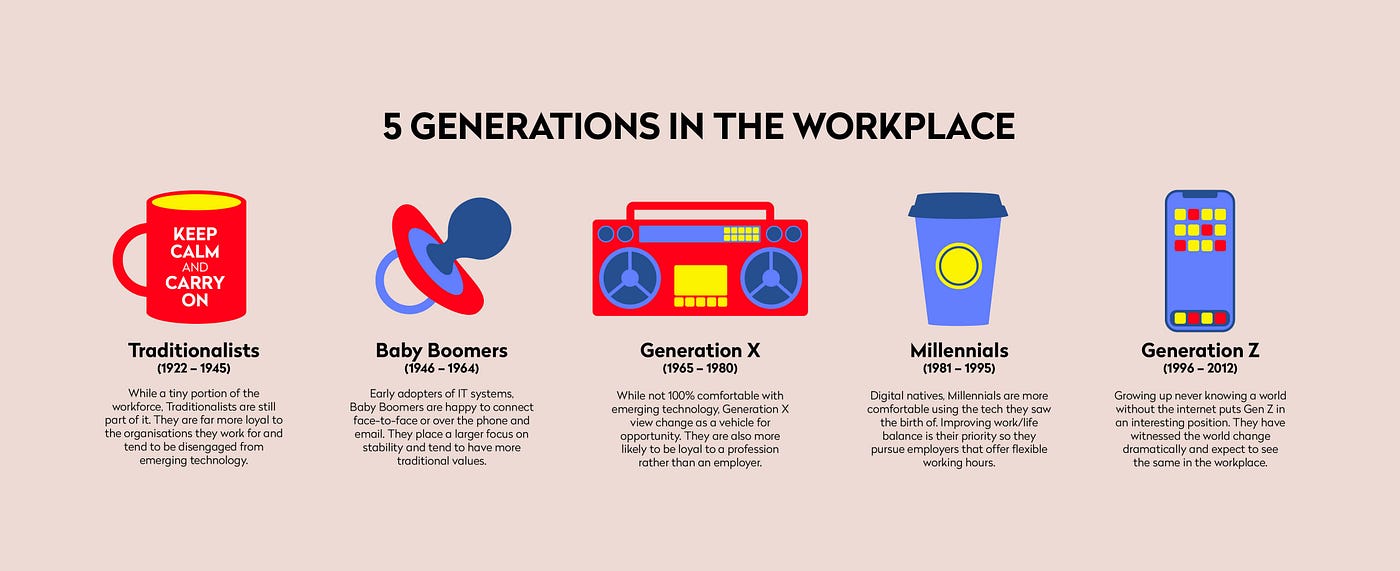
Why Gen Z Isn’t Buying Into the Grind
The grind mindset, once a symbol of ambition, is losing its sheen. Gen Z doesn’t see burnout as noble. They’ve watched older generations sacrifice personal lives, health, and happiness for jobs that offered little security in return. Now, they’re saying, “No more.”
They’re not lazy. They’re focused. They want efficiency, not face time. They believe in impact, not hours logged. To them, staying late without purpose isn’t dedication, it’s bad management.
From viral hashtags to workplace trends like “lazy girl jobs” and “quiet quitting,” Gen Z is leading a cultural reset. They’re not afraid to call out toxic work environments, question outdated hierarchies, or demand changes, openly and unapologetically.
Nearly half of Gen Z workers would take a pay cut to work for a company that aligns with their beliefs. Diversity, sustainability, inclusion, and psychological safety aren't “bonuses.” They’re minimum standards. If your leadership can’t deliver, they’ll find (or build) a workplace that will.
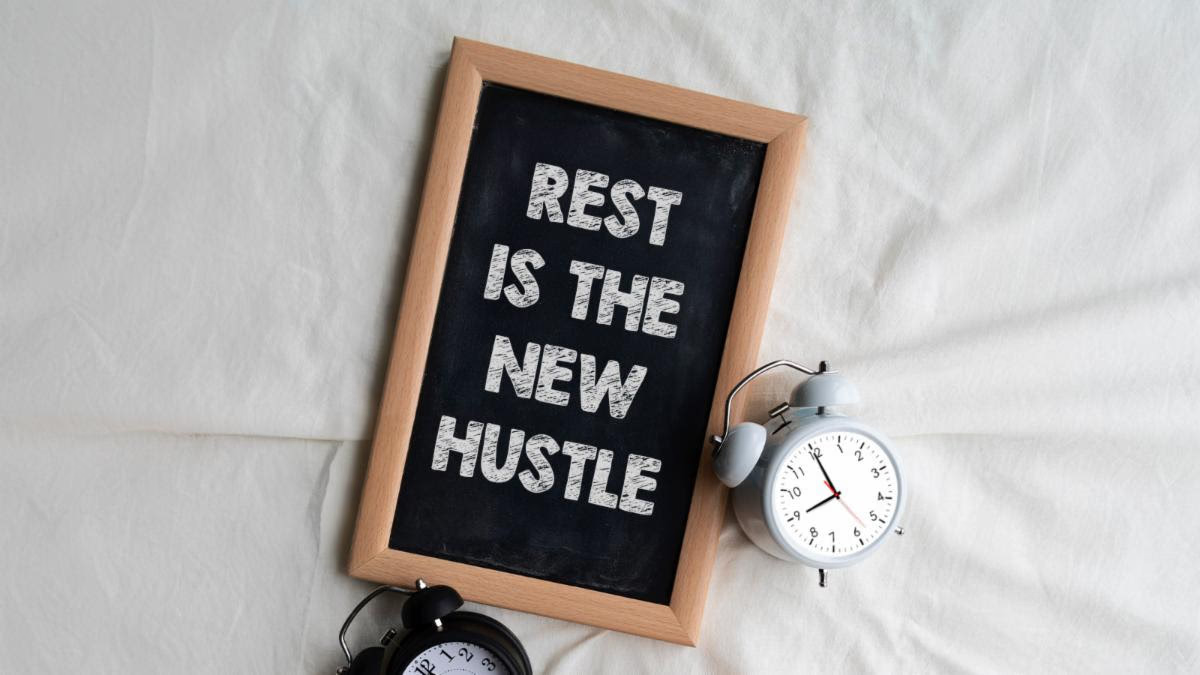
What Gen Z Wants and Why It Matters
1. Flexibility Is Non-Negotiable
83% of Gen Z and millennials now say they’d prefer a four-day workweek. But for Gen Z, flexibility isn’t a perk, it’s the baseline. Raised amid uncertainty, they’ve adapted to rapid change and expect their workplaces to do the same.
This generation has also normalised side hustles. A Bank of America survey found that 72% of Gen Z has a secondary source of income. Hustle still exists, but on their terms, not the employer’s.
2. Mental Health Is a Priority, Not a Perk
Gone are the days when “toughing it out” was the gold standard. Gen Z is 30% more stressed than their older colleagues. They talk openly about anxiety, burnout, and the need for mental health support. If a workplace isn’t safe, they leave.
Companies that ignore mental well-being risk losing talent. Those that embrace it, through wellness stipends, therapy access, and “unplugged afternoons”, are becoming talent magnets.
3. Trust and Transparency Over Titles
Gen Z doesn’t worship at the altar of hierarchy. They want mentorship, not micromanagement. Respect isn’t automatic; it’s earned. They crave clarity in expectations and consistent feedback. When communication breaks down, so does engagement.
The lesson? Leadership styles must evolve, from control to collaboration.
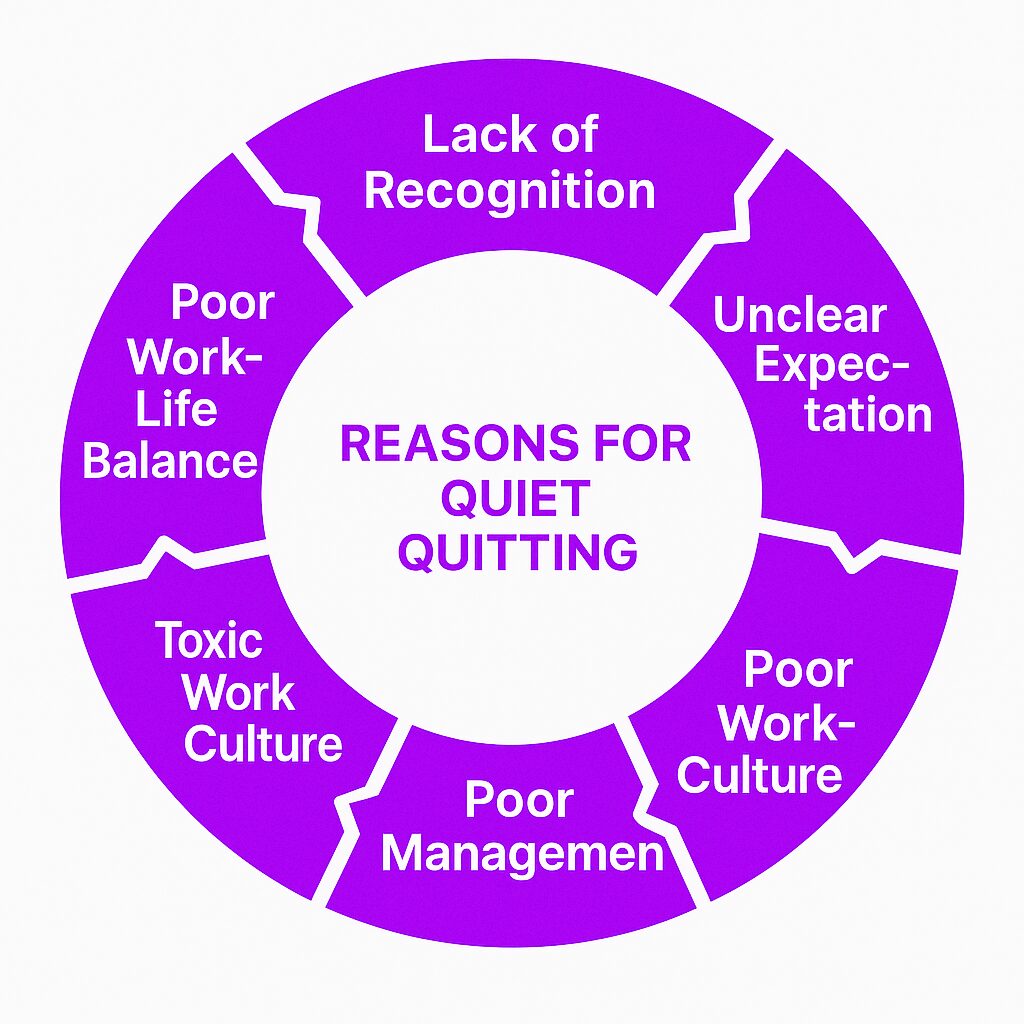
The Leadership Gap: Where Employers Get It Wrong
Critics often blame Gen Z for having “bad attitudes” or being “too sensitive.” But in reality, Gen Z is responding to outdated leadership with logical boundaries.
In workplaces still steeped in hierarchy and ambiguity, Gen Z often feels like a stranger in a foreign land. They don’t respond to vague motivational speeches; they want clarity, fairness, and compassion.
This is where many traditional leadership models fall flat. Leaders who rely on charisma or seniority alone miss the mark. Gen Z isn’t inspired by rank; they’re motivated by kindness, transparency, and structure.
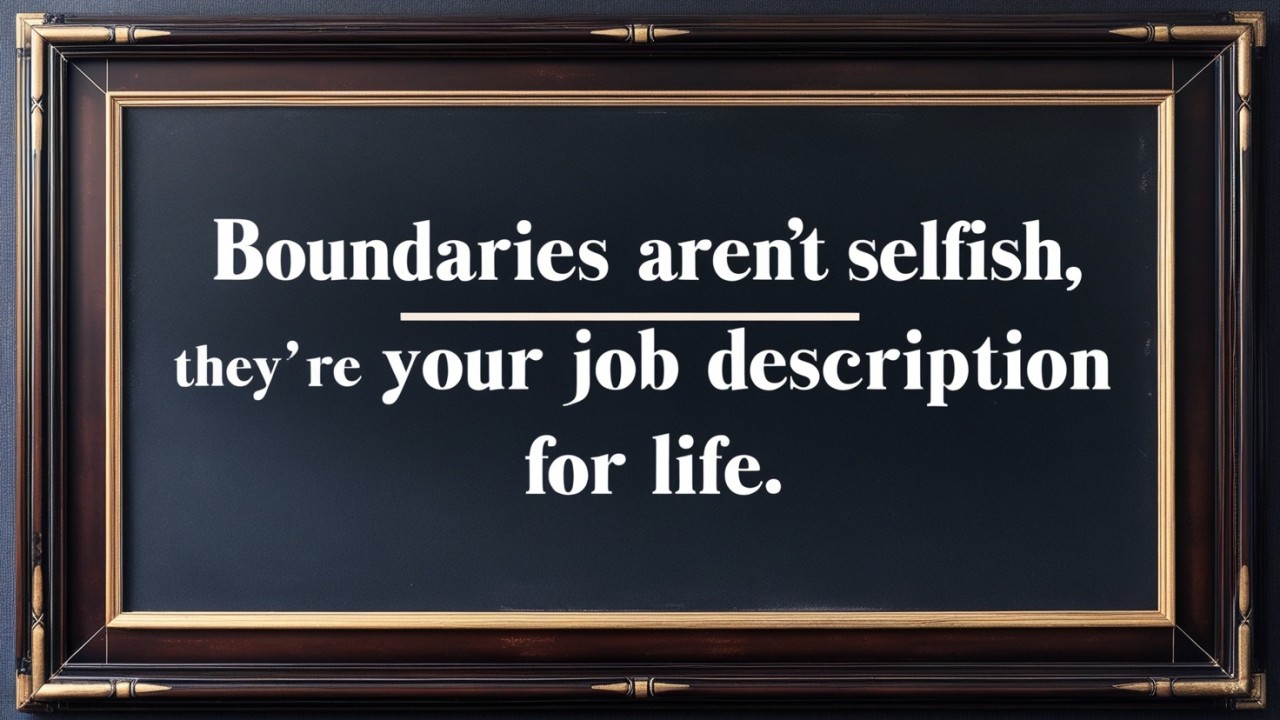
Why Leadership Needs a Reboot
Traditional leadership models are falling flat. Gen Z wants more than inspiration; they want structure, fairness, and empathy. The Engaged Empathy Leadership Model (EELM), developed through research, emphasises:
-
Kindness: Employees need to feel cared for, not just evaluated.
-
Fairness: Equity in pay, promotions, and treatment is essential.
-
Structure: Ambiguity breeds stress. Clarity and consistency foster trust.
Real-world success stories back this up. Companies that moved from rigid performance reviews to informal, regular check-ins saw retention rise. Others shifted bonuses to team-based rewards, increasing collaboration. A restaurant’s weekly feedback sessions sparked open dialogue and boosted morale.
It’s not magic, it’s just modern leadership.
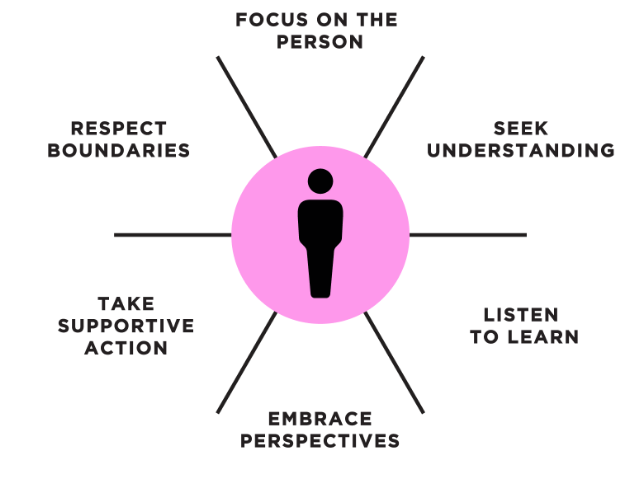
Millennials: Applauding the Shift They Couldn’t Start
Millennials, now mostly in their 30s and 40s, tried to escape grind culture but were often stuck in its machinery. They were told to be grateful, to hustle harder, to wait their turn. Many internalised the pressure.
Now, watching Gen Z call out toxic norms and demand change, millennials aren’t rolling their eyes; they’re cheering them on. Some are even making changes themselves: logging off on time, asking for flexibility, or finally drawing lines.
In Gen Z, millennials see the courage they wish they’d had earlier. Together, they’re creating a multi-generational push toward sustainable work culture.
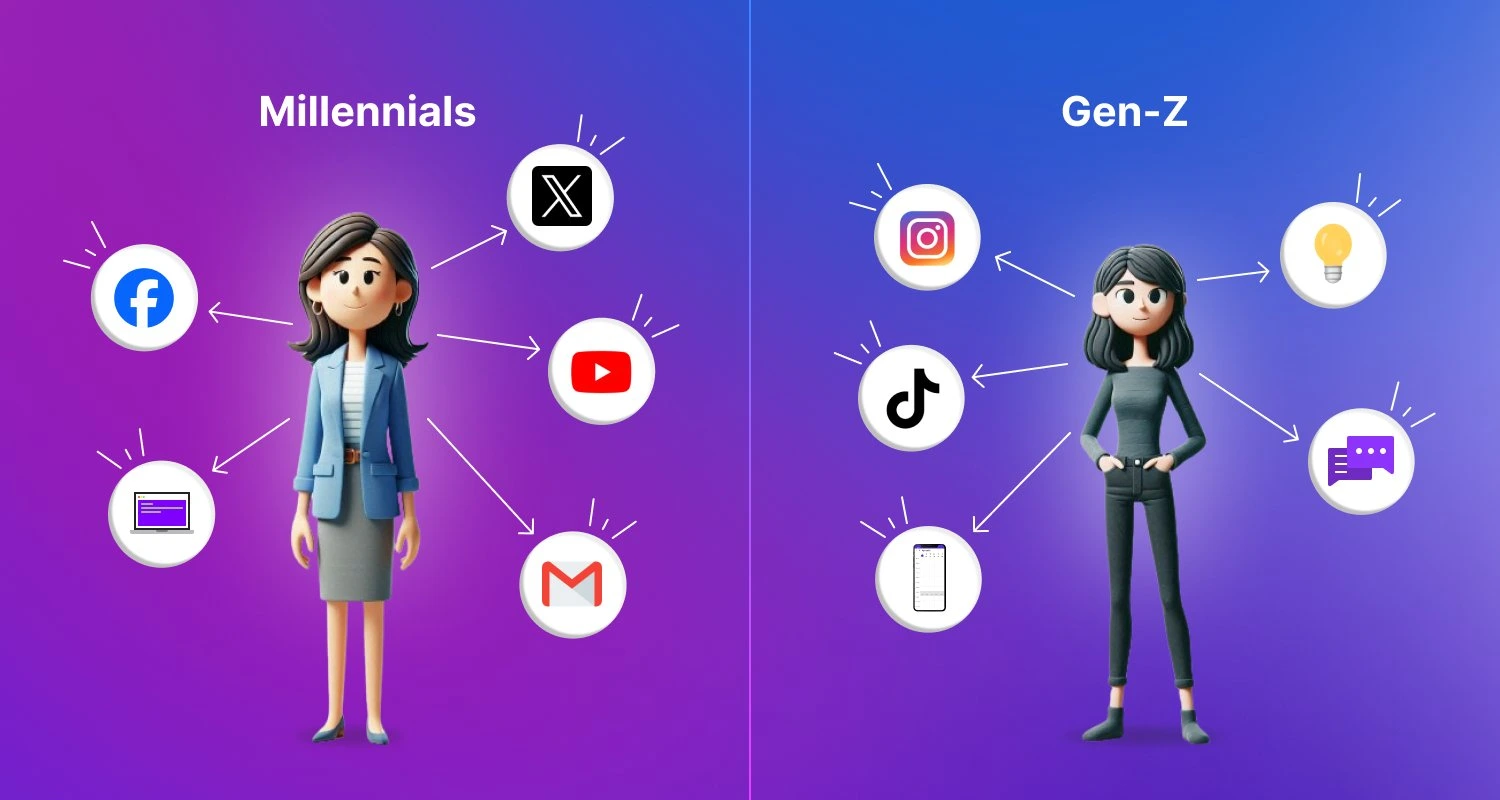
A Global Wake-Up Call: Quiet Quitting Isn’t Just Gen Z
While Gen Z may have sparked the quiet quitting conversation, the reality is global: 59% of the world’s workforce is now quietly quitting. This isn’t a generational crisis. It’s a systemic one.
Burnout, overwork, and lack of recognition don’t discriminate by age. Gen Z is just the first to say it out loud, on social media, in exit interviews, and in job negotiations.
They’ve clarified what employees of all ages want: purpose, autonomy, fairness, and a life beyond work.
Quiet quitting isn’t the destination, it’s the bridge. It marks a transition away from toxic norms toward healthier, more sustainable engagement. Gen Z isn’t saying they don’t want to work.
They’re saying:
“I’ll give you my best—but only if you give me trust, flexibility, and a reason to care.”
They’re strivers, not slackers. When given support, clarity, and autonomy, Gen Z thrives. But when micromanaged, undervalued, or ignored, they’ll mentally clock out before lunch.

Real Changes Already in Motion
-
Flexible Schedules & Remote Work: Thanks to Gen Z’s influence, hybrid models and shorter workweeks are going mainstream.
-
Mental Health Support: From wellness stipends to therapy sessions, mental health is now baked into many HR policies.
-
Workplace Activism: Gen Z isn’t afraid to challenge outdated policies. Their pressure has led to changes in DEI initiatives, sustainability pledges, and leadership accountability.
Listen to the Whisper Before It Becomes a Roar
Gen Z didn’t create burnout culture, but they refuse to inherit it. They're not quietly quitting out of laziness. They're opting out of a system that exploits discretionary effort and emotional labour.
It’s a workforce saying, 'We're not disengaged; we’re waiting for you to engage with us.' With empathy, trust, and meaningful change, today’s employers can unlock unprecedented passion, creativity, and innovation. But only if they’re willing to evolve.
And the best part? They’re not asking for anything unreasonable. They're asking for what every generation has always deserved but was too afraid, or too conditioned, to demand:
-
Fair pay for fair work.
-
Clear expectations and feedback.
-
Support for mental health and life beyond the desk.
-
Trust, flexibility, and respect.
As Gen Z floods the workforce, companies have a choice: evolve, or watch talent walk out the door, not in protest, but in quiet, calculated exit. Because for Gen Z, the end goal isn’t a corner office, it’s a good life.
And maybe, just maybe, that’s what work was always supposed to support, not replace.
With inputs from agencies
Image Source: Multiple agencies
© Copyright 2025. All Rights Reserved Powered by Vygr Media.

